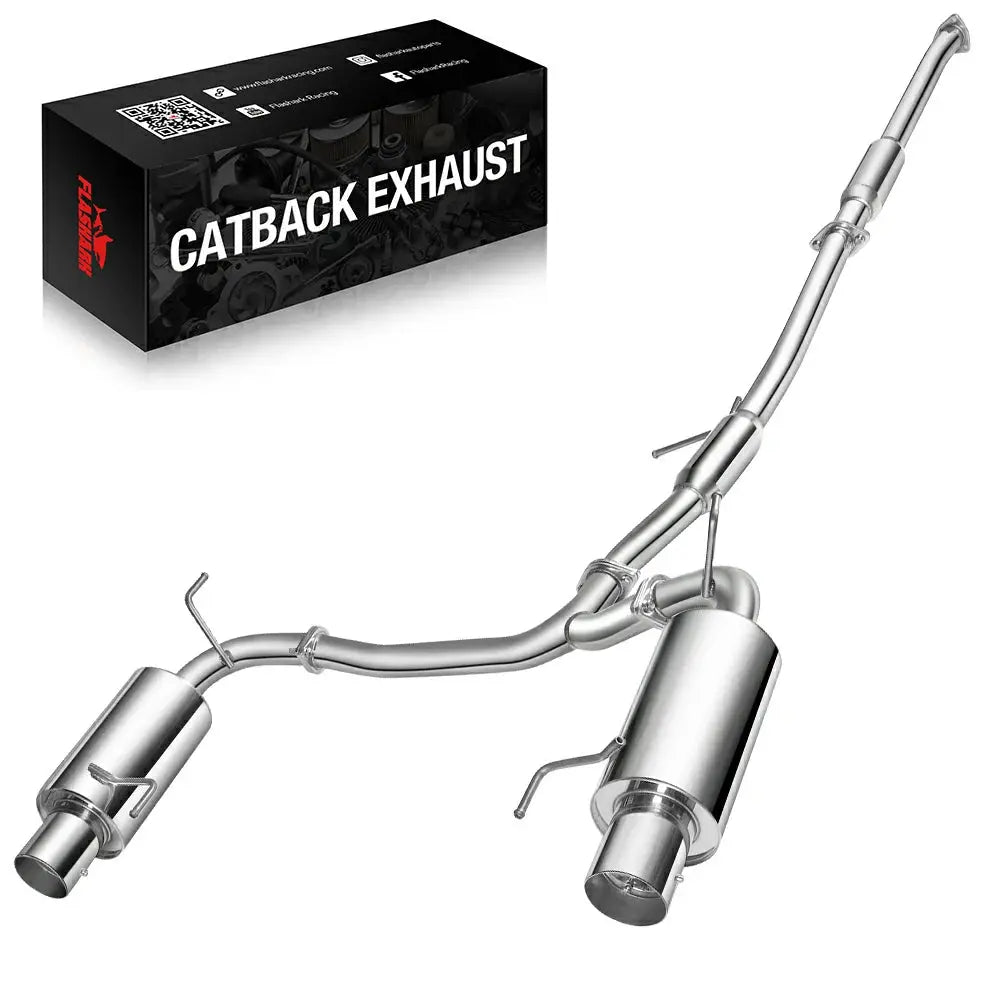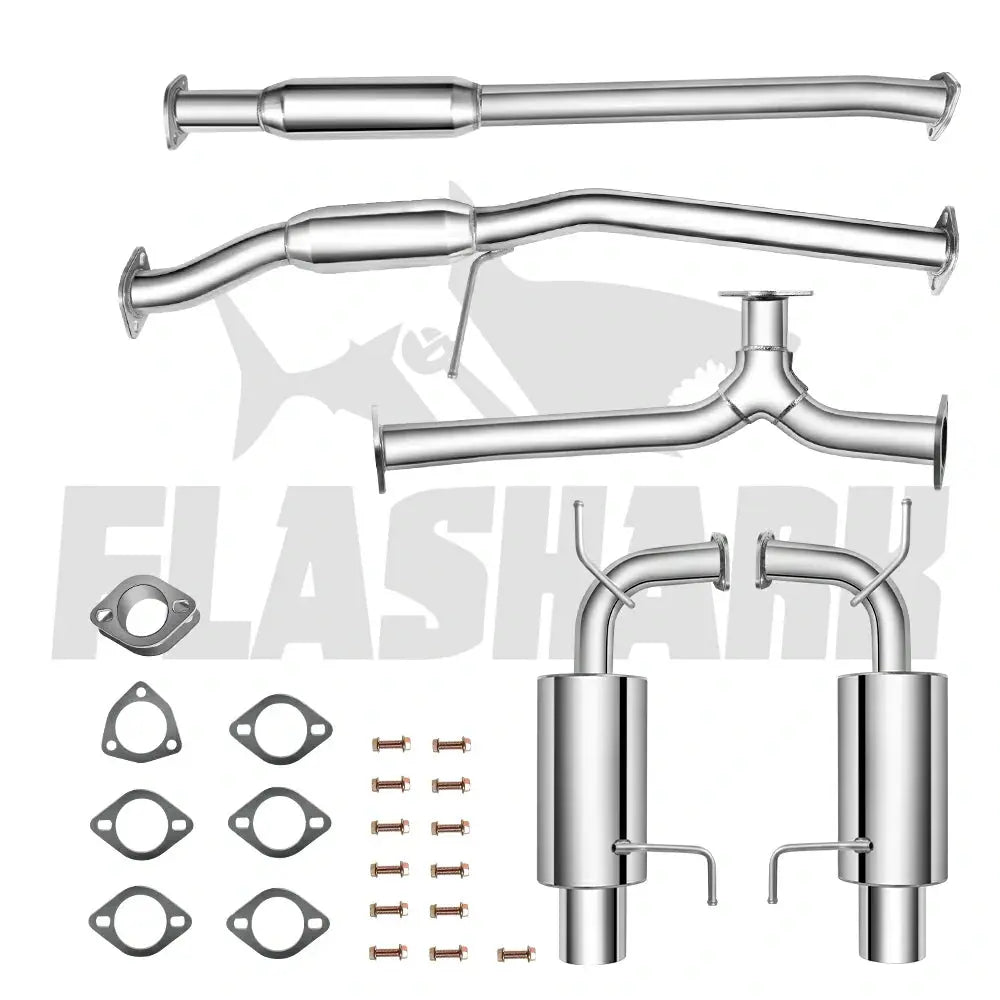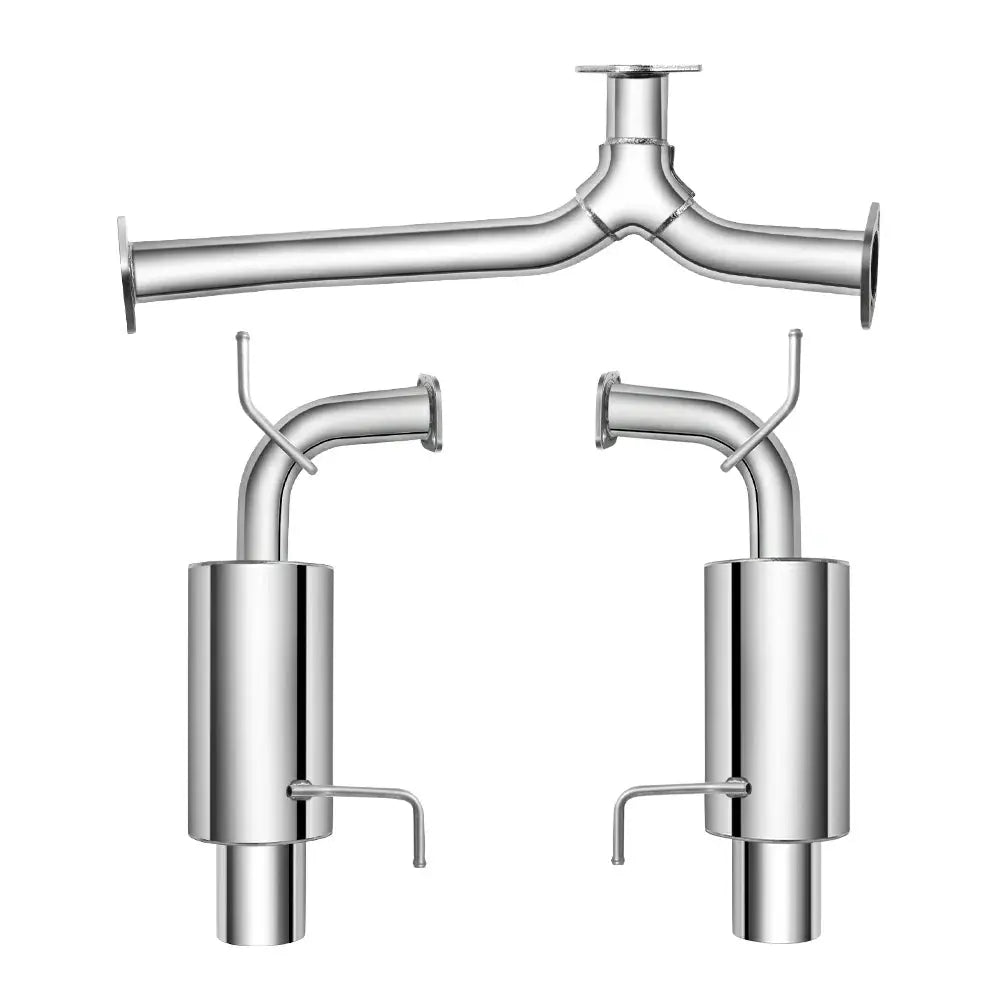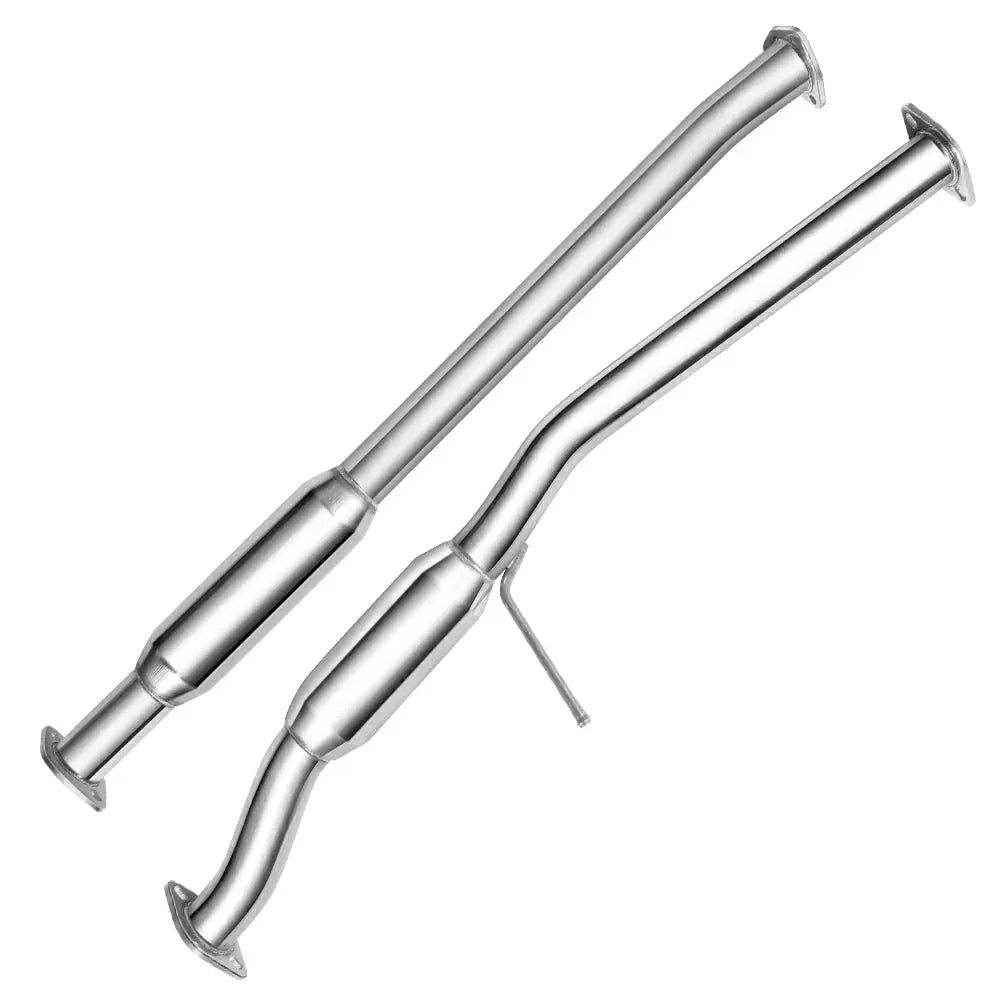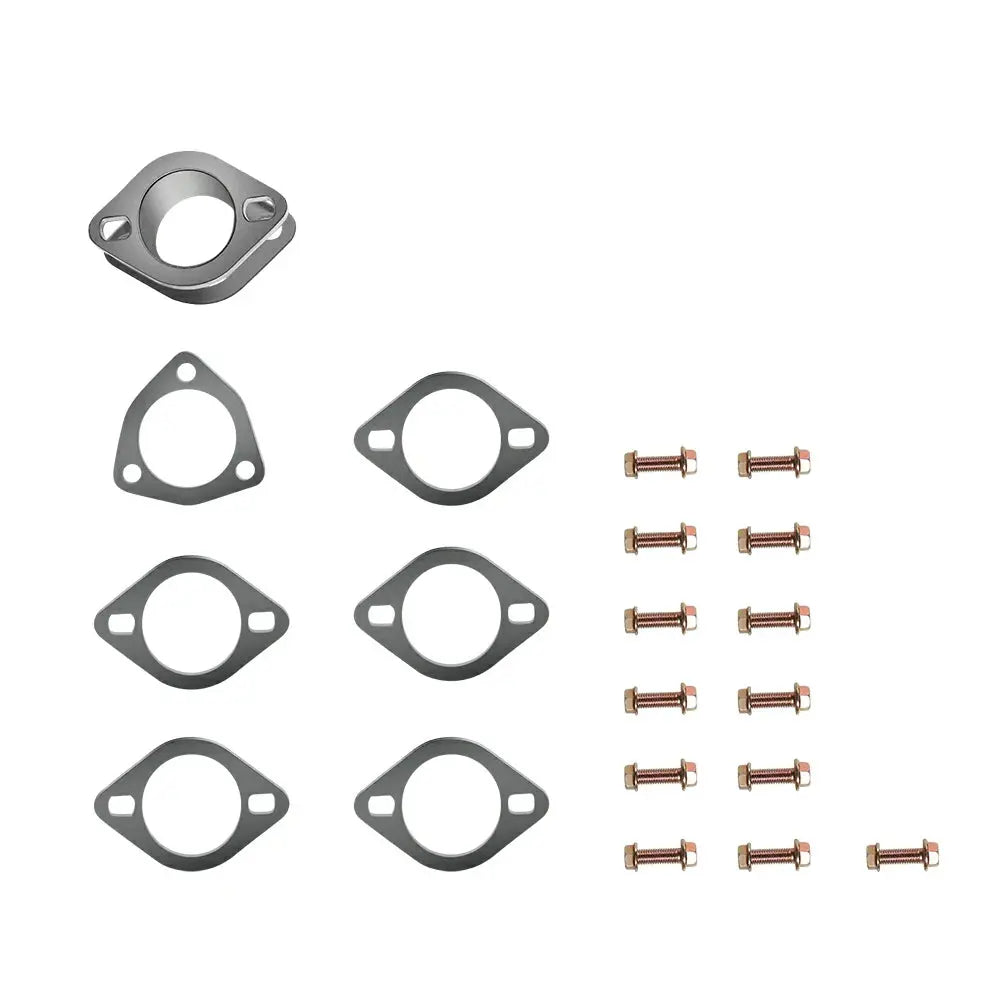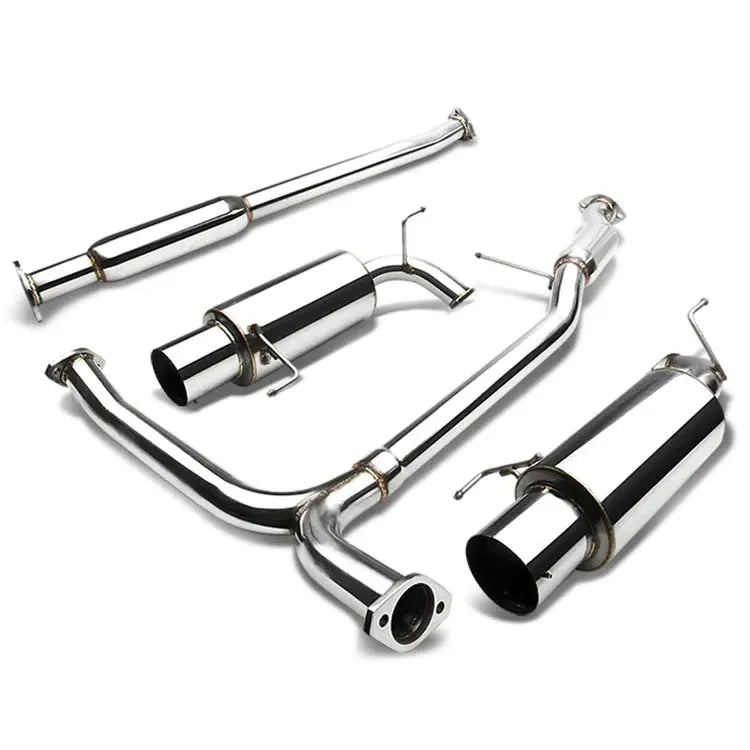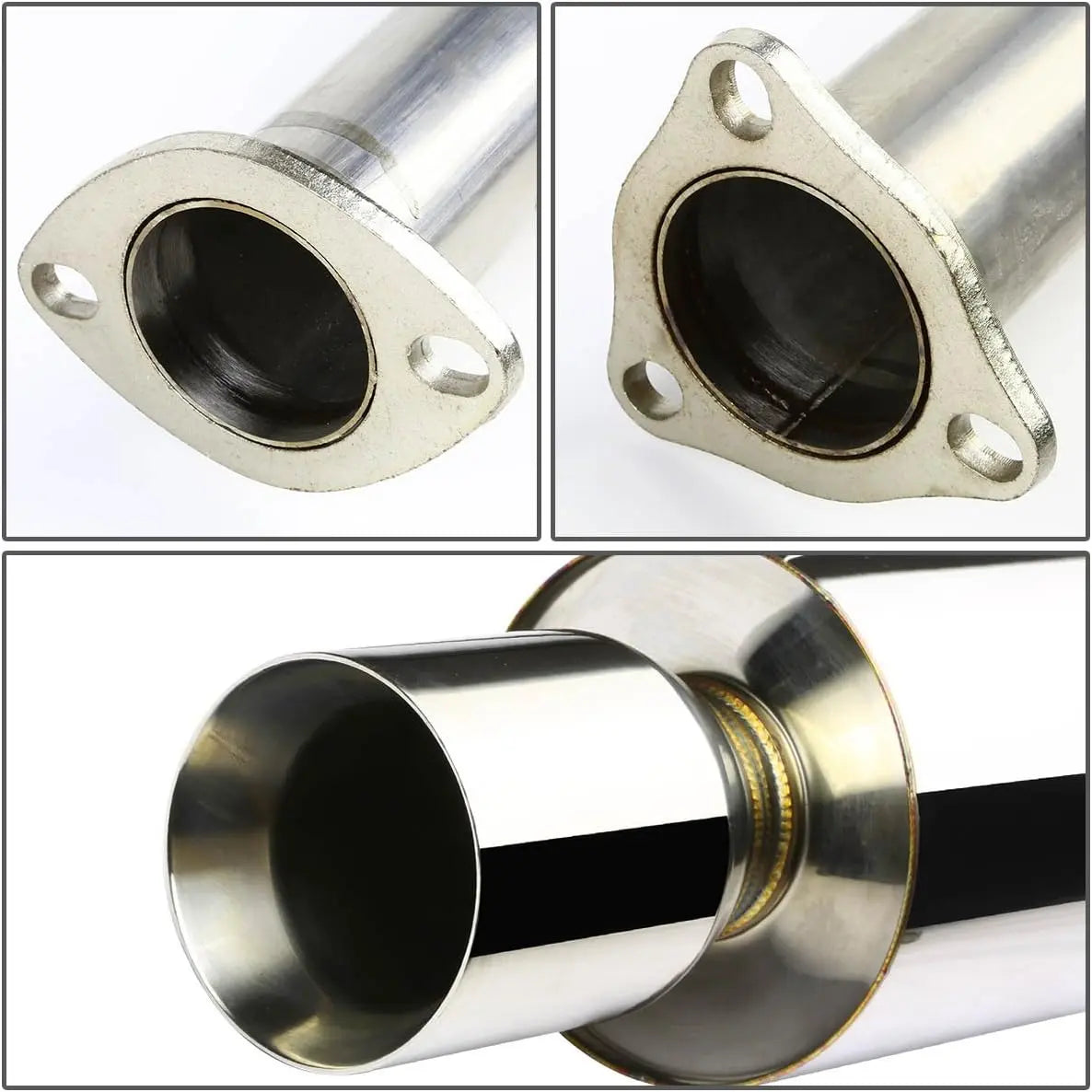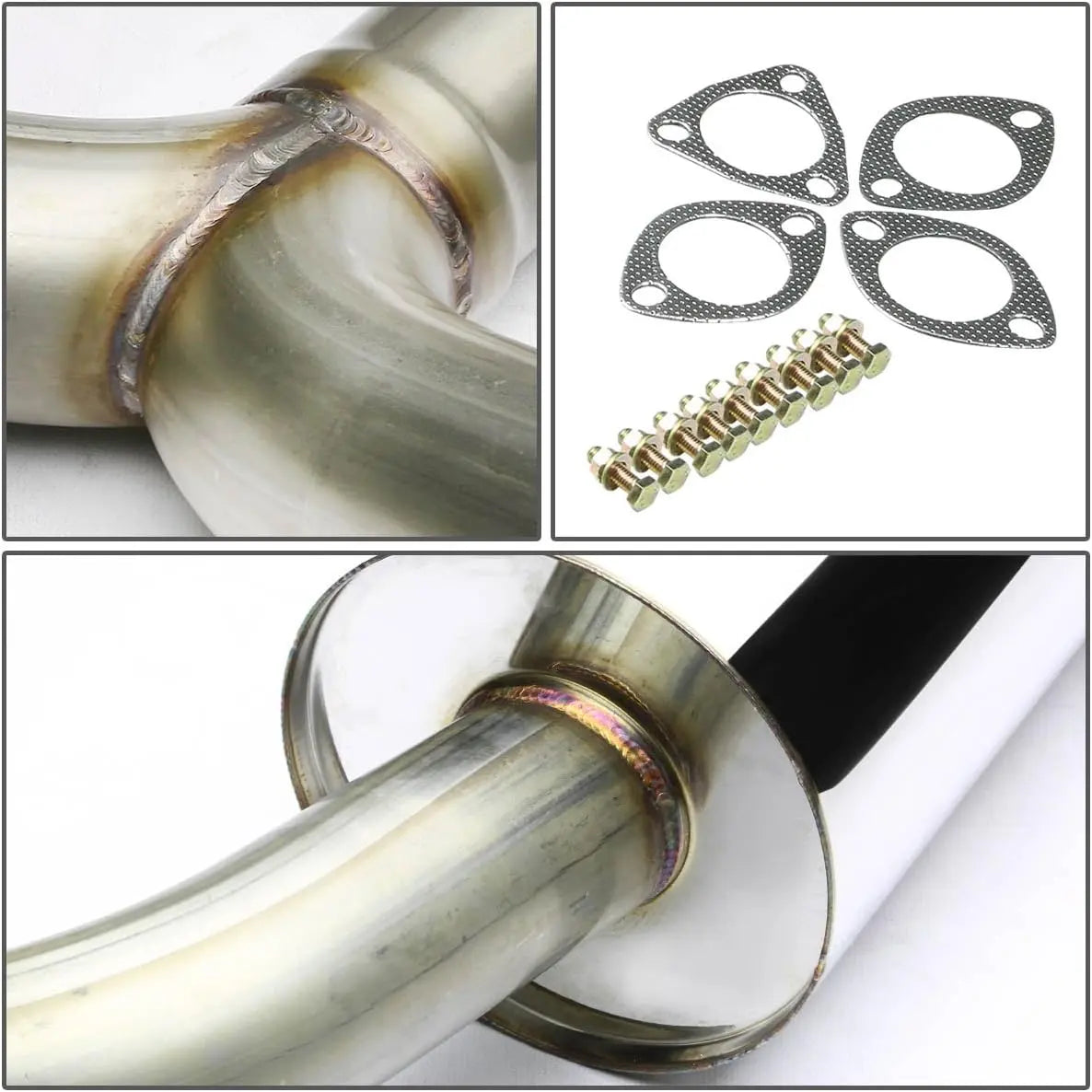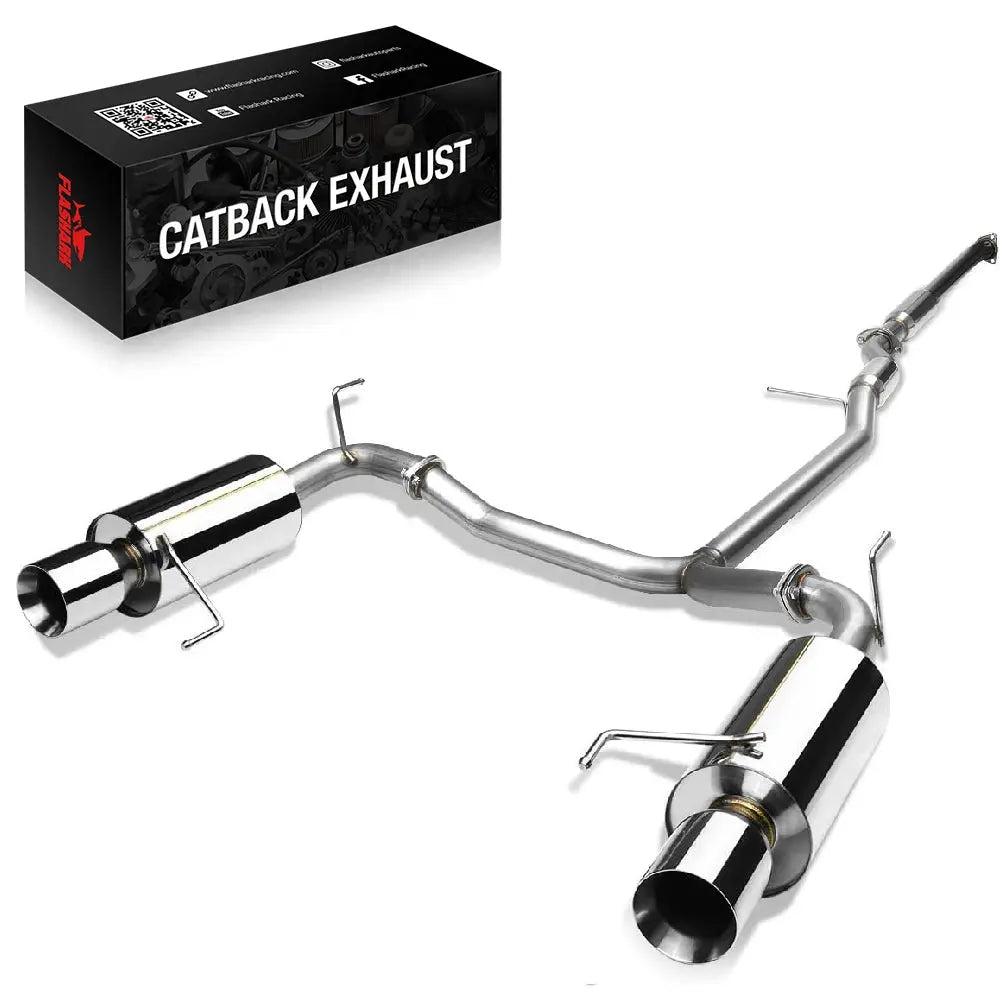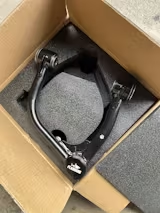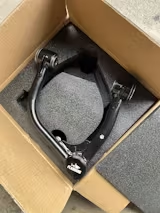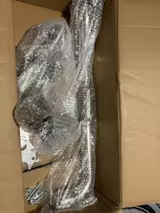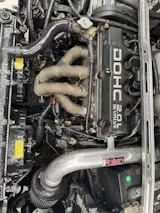Great price for what you get. The header need a little love to clear the motor mount and the lower rear nut is very difficult to tighten. Had to tweak some of the hanger brackets but that could have happend in shipping. Sounds great!
Thanks for your comment, and your feedback vedio are greatly appreciated!
I received my upper control arms yesterday and couldn’t be more impressed with them. I only bought them because of the great price and wasn’t expecting much, but when I opened them up and saw the size, quality and construction of them it blew me away. Super high quality and strength. Amazing product and would highly recommend them to everyone looking to upgrade their upper control arms.
Hi, thanks for the review and pictures, looking forward to your next purchase!
I’d like to start off with how fast the shipping is, within a few days my new headers and down pipe arrived. After bolting everything down sadly I missed the nut that goes over an empty valve hole, and it fell off driving. I reached out to flashark and only asked for a replacement nut, not only did they respond within the hour I had sent the email, not only did they replace the nut, I got the whole new set of headers and downpipe. Amazing service, amazing products as well (I love the headers). Definitely buying again from here.
Hi, thanks for the review and pictures! This is what we should do. We apologize for the inconvenience. We'll continue to improve our service! Looking forward to your next purchase, we will give you a discount!
Haven't installed yet but quality seems to be great manifold place a thick straight everything's polished stainless looks good all the manual bands are good can't wait.
Wow! Thanks for the pics! It's great! Thanks!
Came in fast even over the holiday and fit right on my 91 OBS!! Sound and quality overall 9/10
Hello. Thank you for your comment! We look forward to receiving your feedback pictures!

